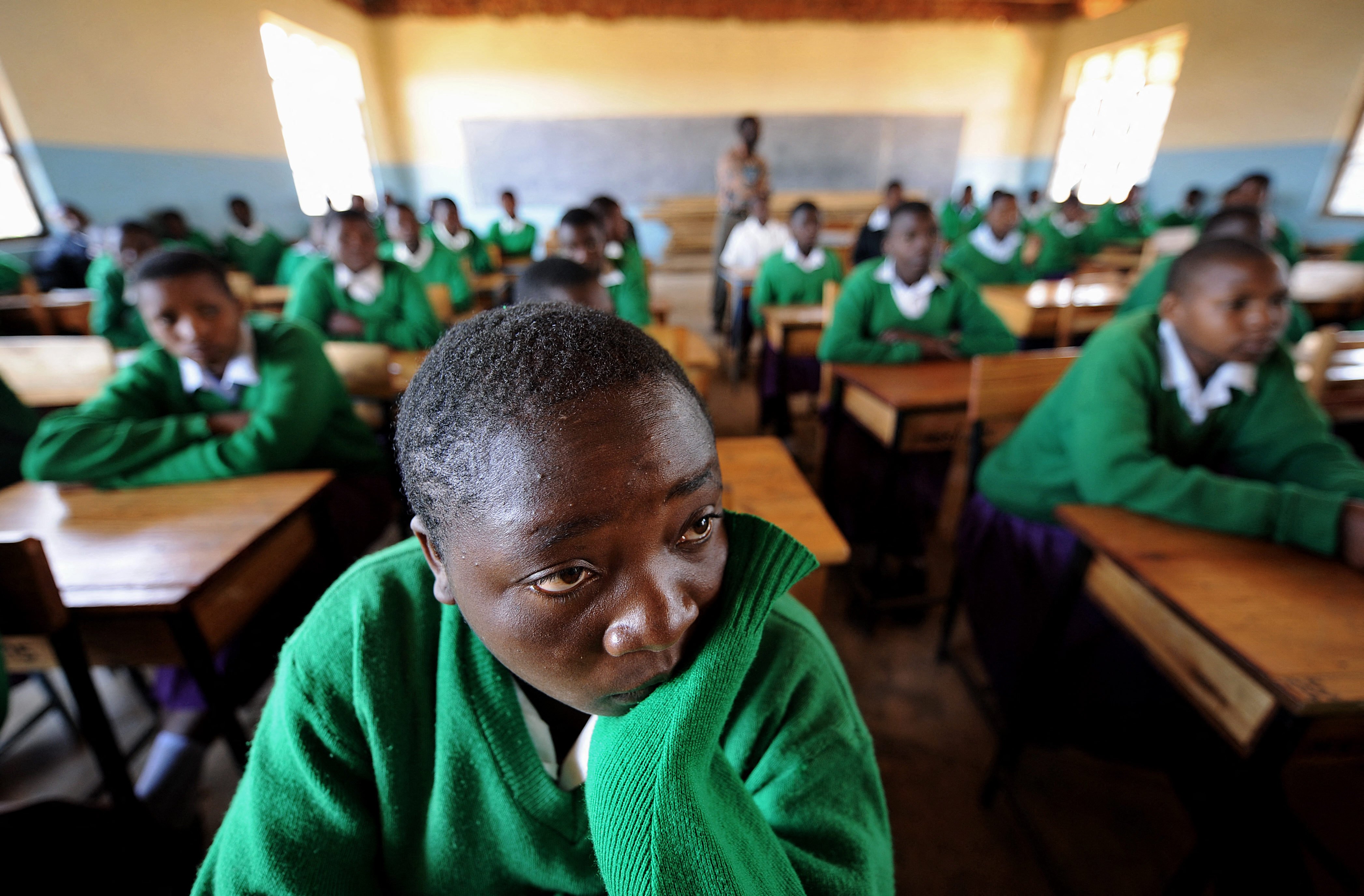
Across many low- and middle-income countries, millions of children are completing primary school without being able to read a single sentence or perform basic arithmetic. This is not just an educational failure, but also a development emergency. Aid is declining, debt is rising, and domestic budgets are under intense pressure. We need more than incremental adjustments at the margin – we need a bold, smart reallocation of resources that gets results.
Domestic public finance remains the most reliable, sustainable, and scalable source of education funding. But it must be used strategically. Foundational learning delivers among the highest returns of any public investment – children who master basic reading and maths are far more likely to stay in school, gain employment, and contribute productively to society.
Governments like Malawi’s are already taking difficult decisions to protect frontline education budgets and maintain investment in evidence-based programmes. The Global Education Evidence Advisory Panel has shown that structured pedagogy and targeted instruction have demonstrated strong cost-effectiveness – up to $30 in returns for every $1 spent, with significant positive spillover effects on society. These interventions are not speculative; they work and can be taken to scale.
What is needed now is stronger collaboration between ministries of finance and ministries of education to ring-fence foundational learning as a protected expenditure – even during economic shocks. Predictable, performance-linked domestic funding is the bedrock of system transformation and wider economic development.
Too often, external funding supports isolated pilots with little prospect for scale, nor are they designed to be scaled. Catalytic capital must do better. It should amplify domestic reform efforts by de-risking scale-up, supporting systems-level innovation, and unlocking larger flows from multilateral financiers – with each source tailored to its comparative advantage.
In Malawi, domestic reprioritisation – backed by technical assistance and data systems – has helped shape new dialogues around education financing. When flexible funding aligns with government priorities and builds on local momentum, it reinforces a virtuous cycle: domestic ownership drives reform, early results build credibility, and external partners support scale with greater confidence.
Catalytic funding should not chase novelty for its own sake. Its purpose is to fund the ‘last mile’ to scale – not the first step of a never-ending pilot treadmill.
Fit-for-purpose global architecture
The current education financing architecture is too fragmented, too slow, and too focused on process over outcomes. It was not built for the scale or urgency of today’s learning crisis.
A more coherent and efficient model would match each financing instrument to its optimal use: concessional finance for large-scale delivery; philanthropic capital for innovation and de-risking; and scarce ODA for global public goods. In parallel, debt restructuring must move faster, and risk-sharing mechanisms should be used to crowd in private capital where appropriate.
Global initiatives such as FfD4 and the G20’s renewed focus on development finance offer a rare window of opportunity. But declarations are not enough. Countries need access to the right financing tools at the right time – without excessive transaction costs.
This is not a moment for rhetorical commitment – it is a test of strategic resolve. Governments that are making the tough but necessary choices to prioritise foundational learning deserve financing that matches their ambition. That includes predictable domestic budgets, catalytic capital aligned to national plans, and a global system that rewards delivery over paperwork.
Foundational learning is not a narrow concern just for one sector. It is an economic and human development imperative. If we are serious about inclusive growth, long-term resilience, and national self-reliance, then we must finance learning outcomes – not just school inputs.
We know what works. We know where to start. What’s needed now is disciplined alignment of funding with results, and the courage to break from business as usual.
With the G20 returning to Africa and global leaders preparing for September’s UN General Assembly, this is a moment of rare convergence. Just as the global health movement has helped more children survive, it is now time to ensure they thrive by equipping every child with the foundational skills to learn, earn, and lead.
Let’s finance foundational learning like the future depends on it – because it does.

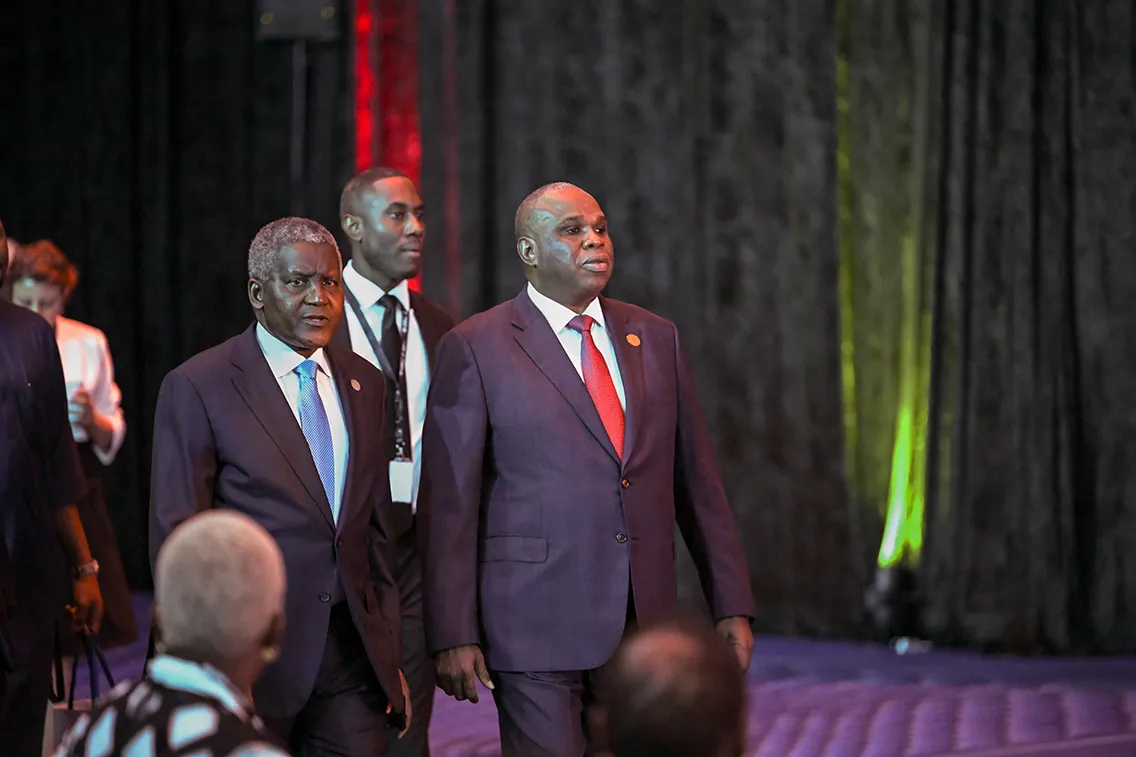
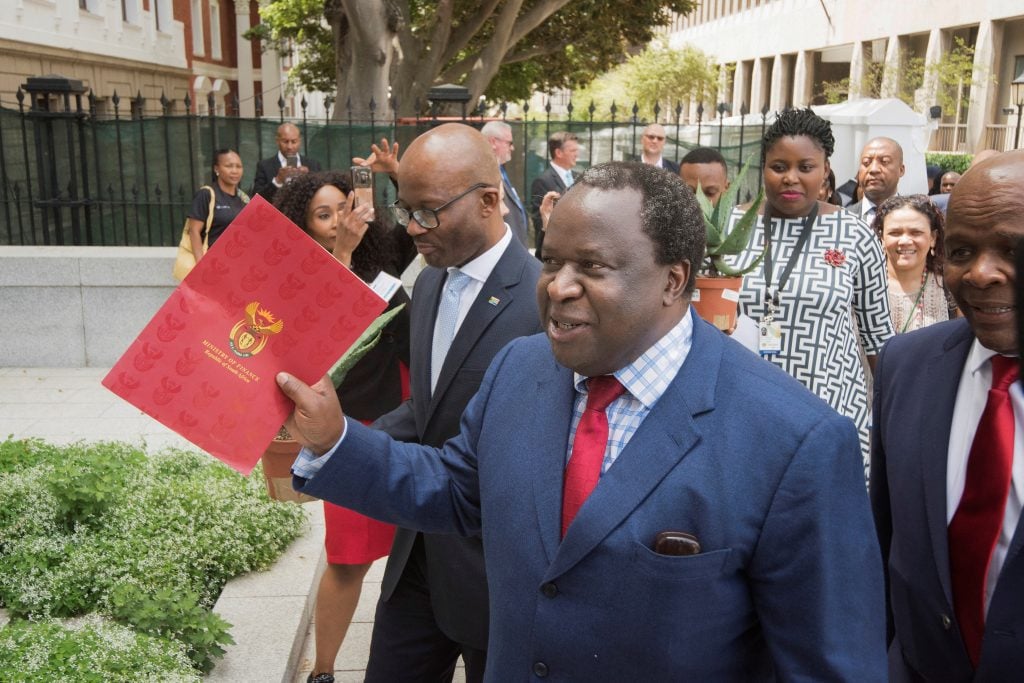
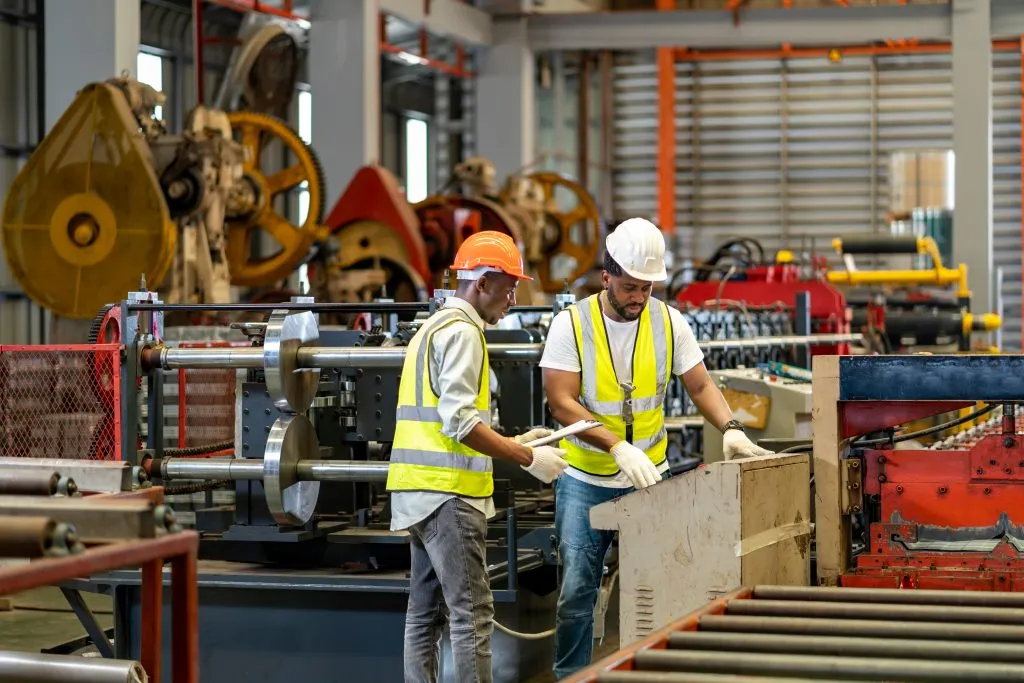
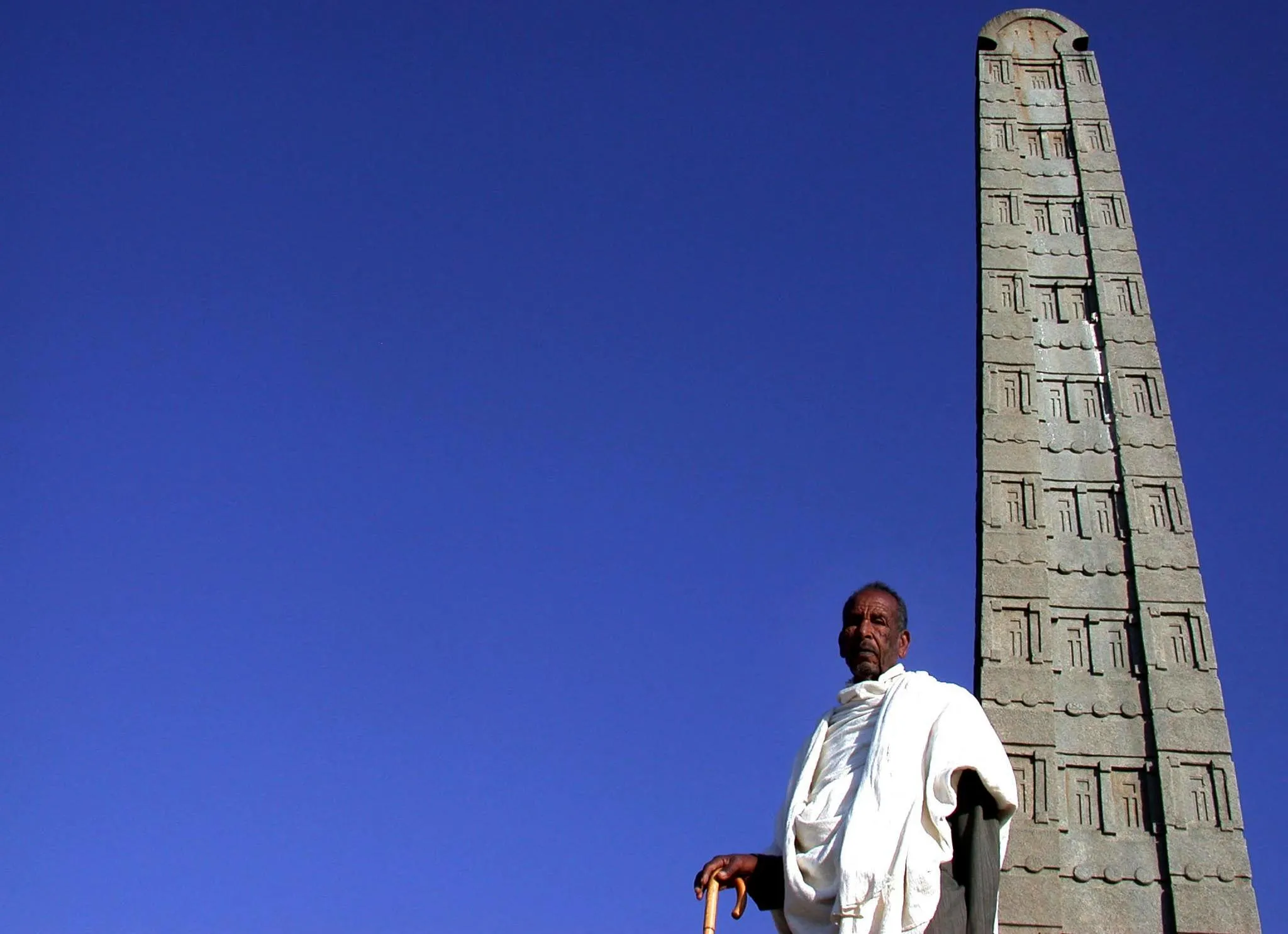

Recent Comments